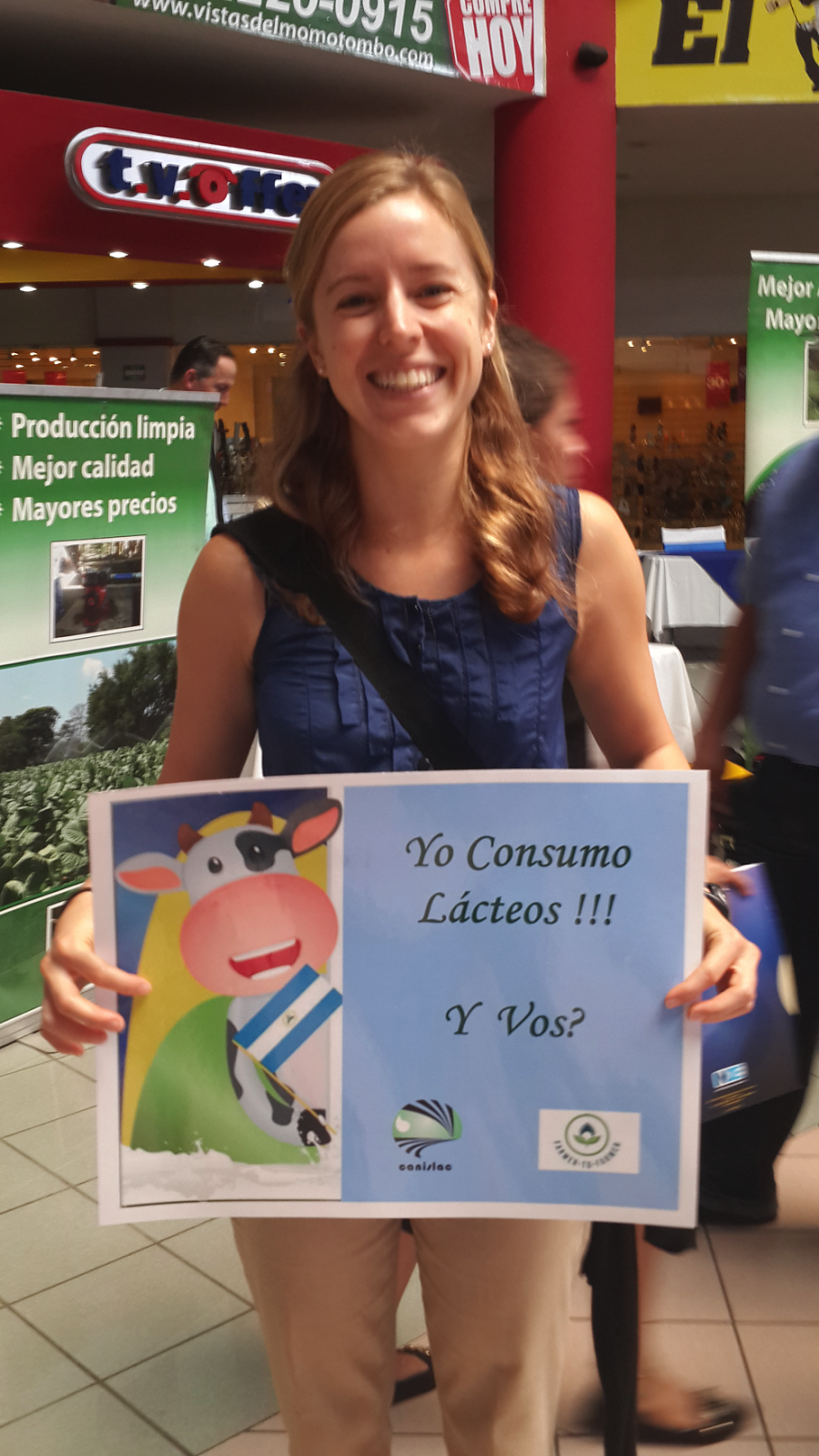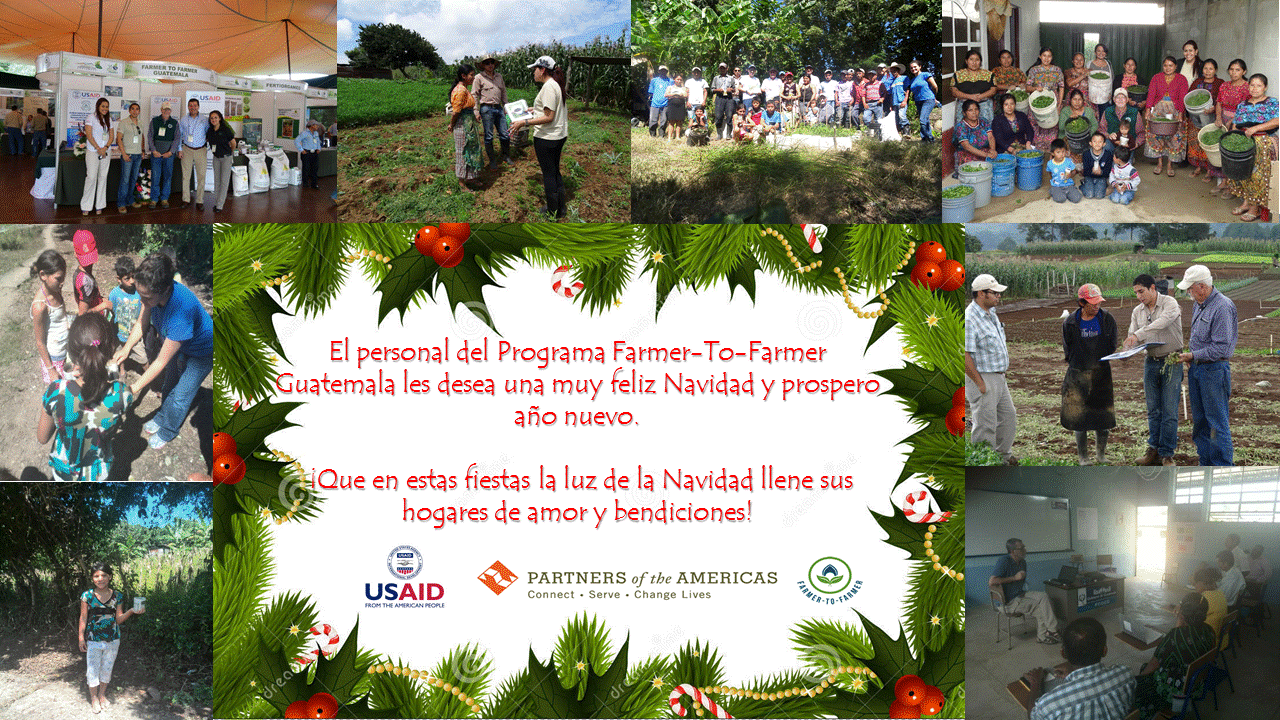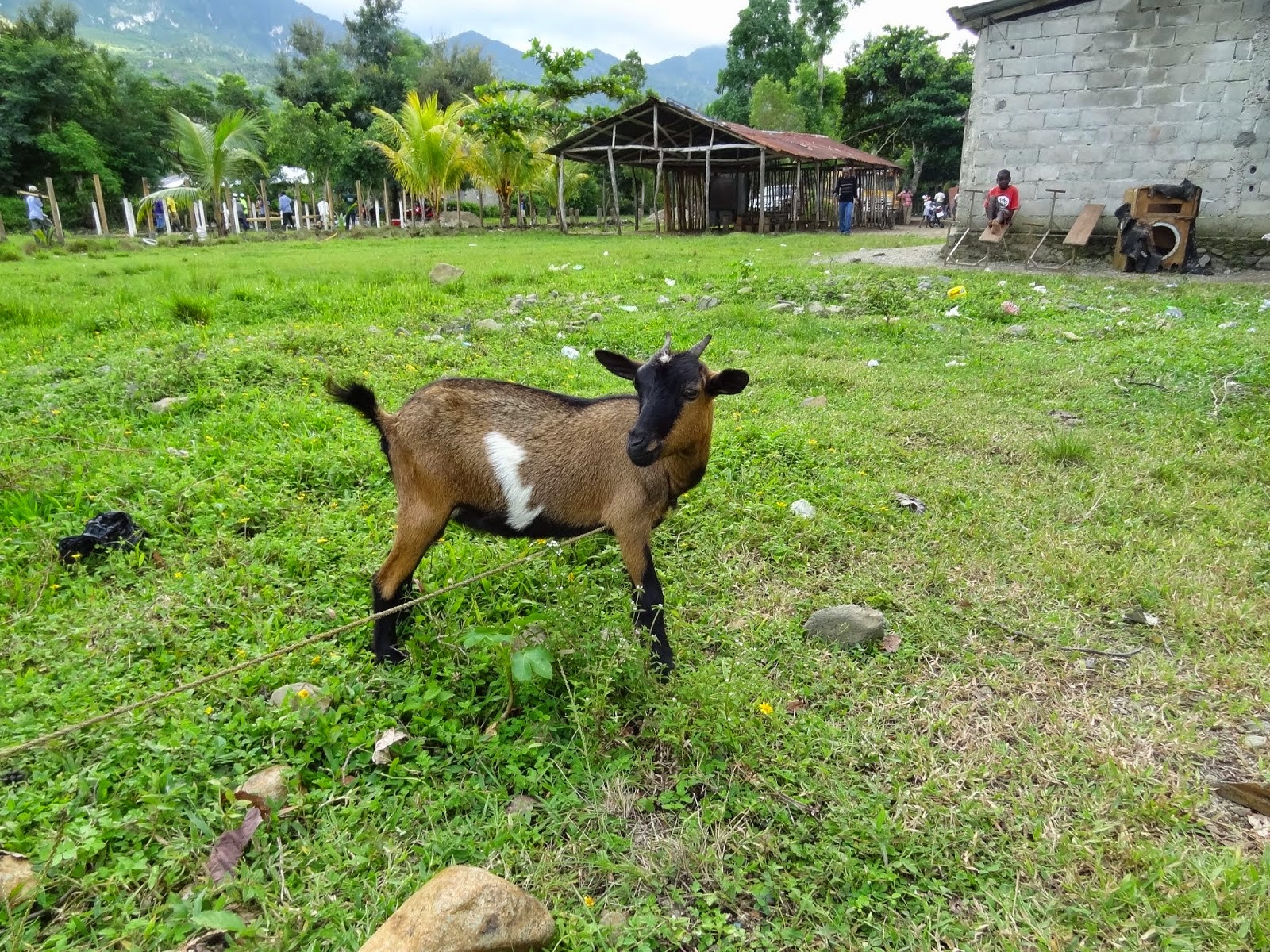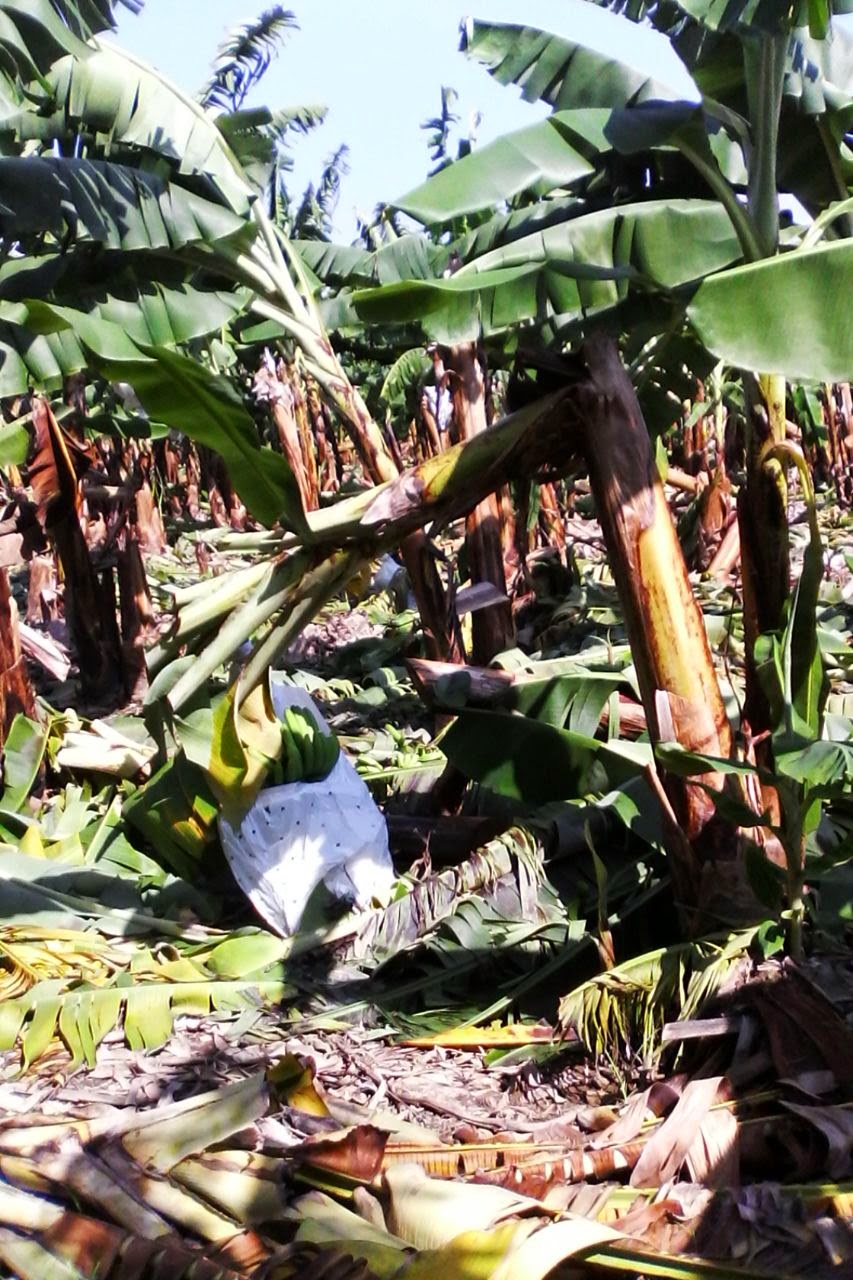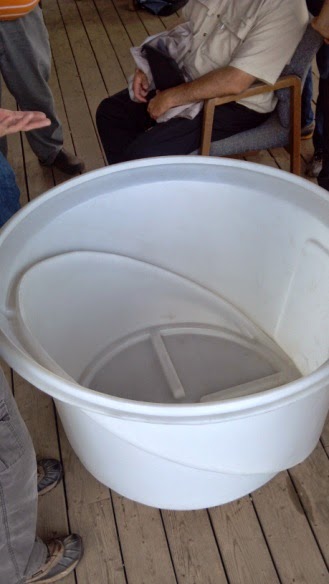Highlights of 2014
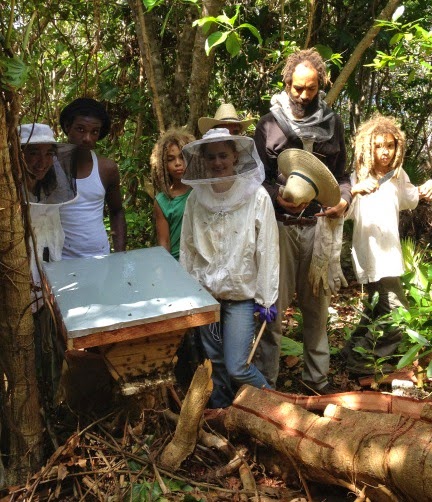
2014 has been a productive year for Partners' Agriculture and Food Security (AFS) Unit! Under the USAID-funded Farmer-to-Farmer (F2F) Program, 78 volunteers traveled to eight countries in Latin America and the Caribbean to work with close to 40 producer groups, NGOs, universities, and other hosts. They provided training in areas as diverse as business plan development, honey harvesting, animal nutrition, marketing of organic products, and much more, and directly assisted over 6,000 people. Partners' Haiti Nutrition Security Program, funded by USAID/Haiti as part of their Feed the Future Initiative, has recruited and is providing support to 1,548 Mother Leaders who have been organized into 144 Care Groups. Each Mother Leader is then responsible for leading local neighborhood women’s clubs, through which nutrition counseling and promotional support are provided to an additional 13,898 young pregnant and lactating mothers of children under the age of five. As a result, the proje

